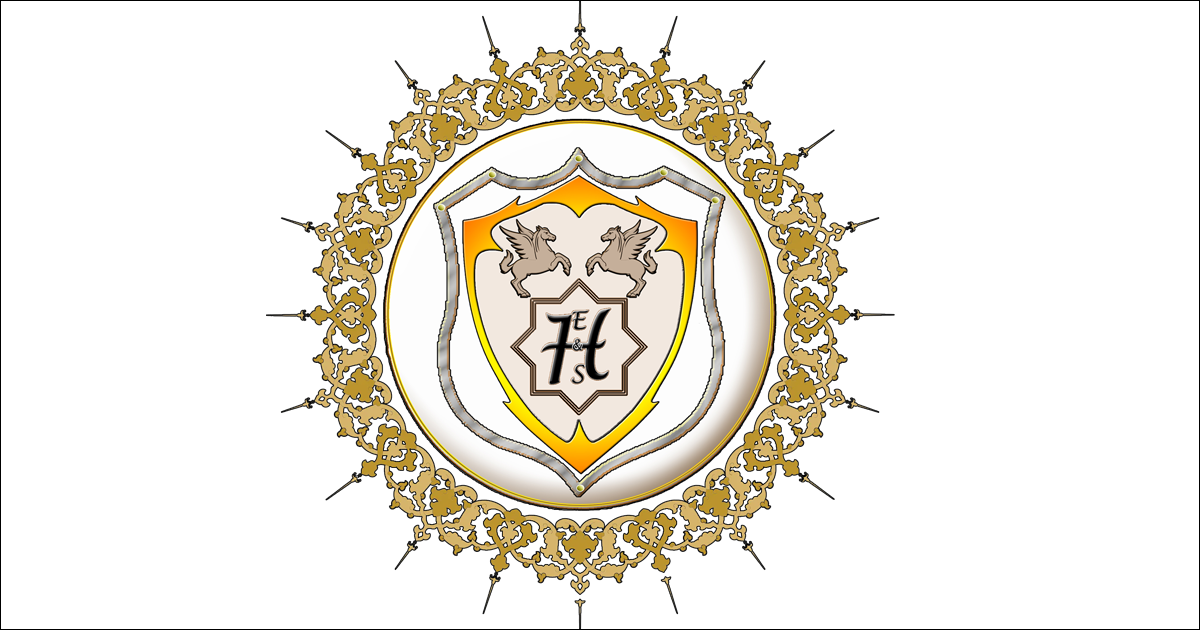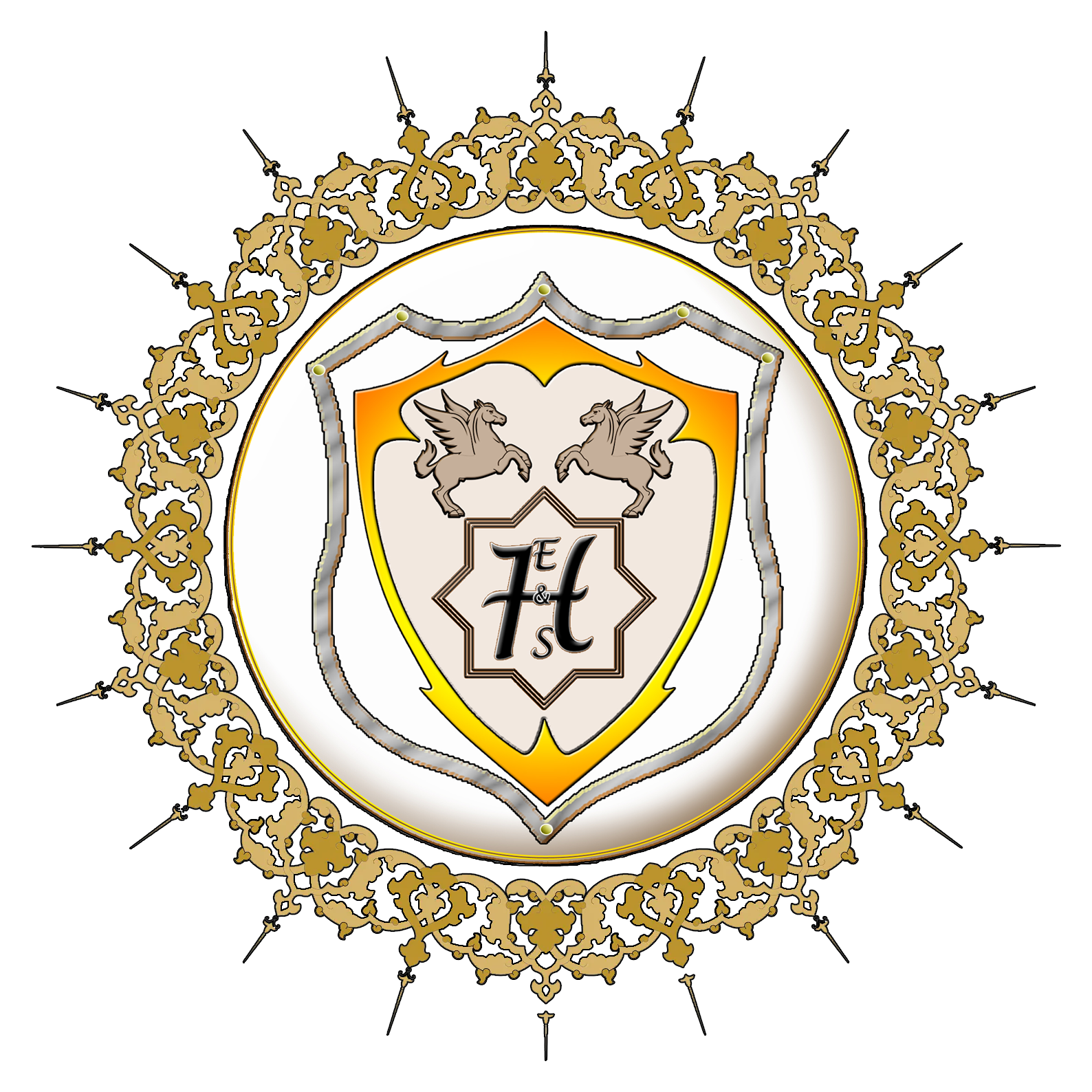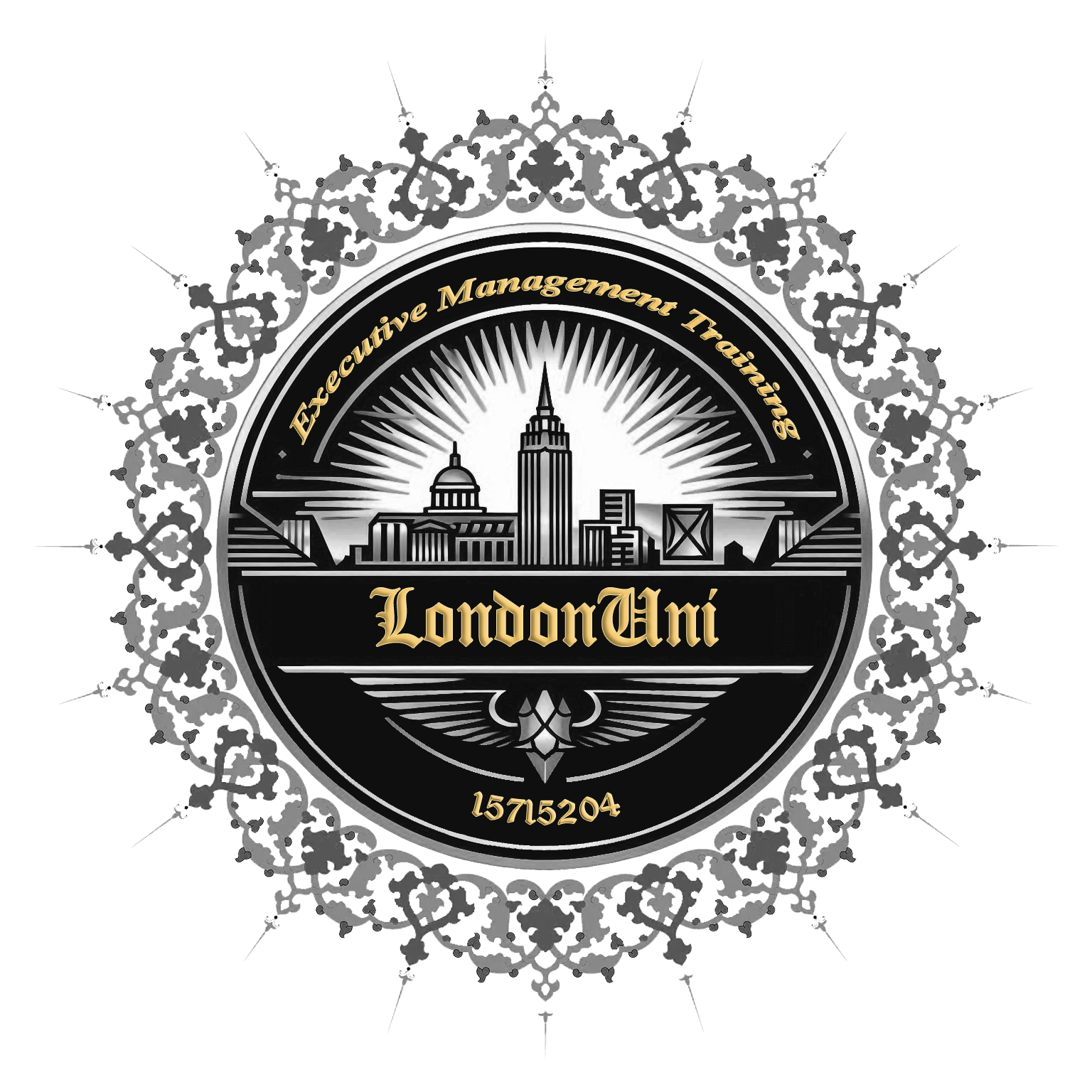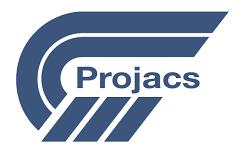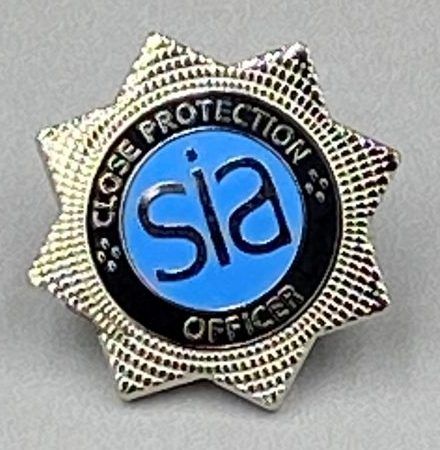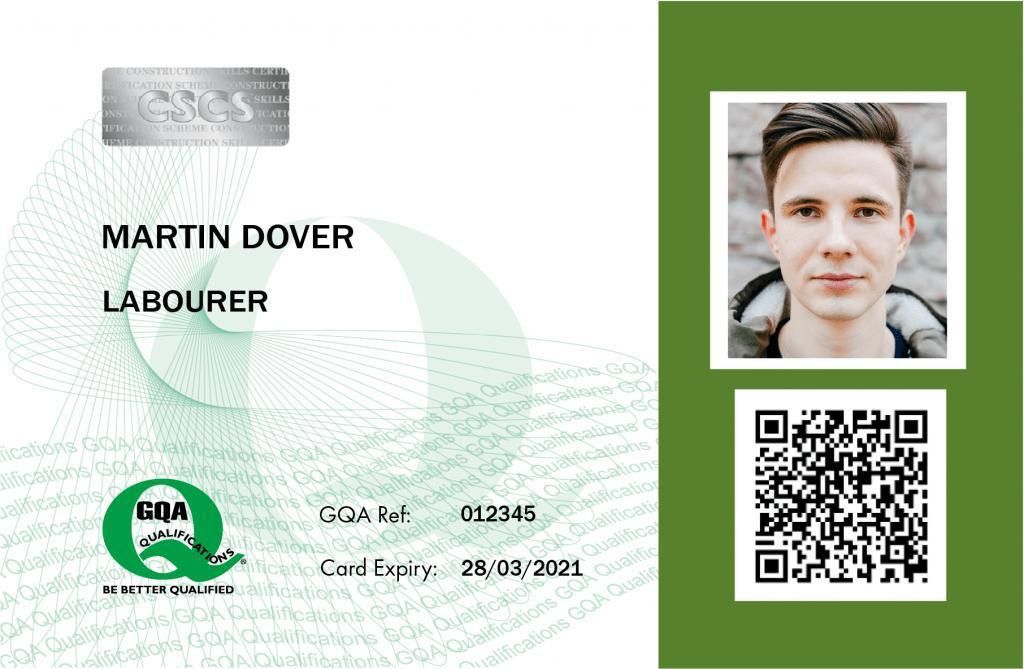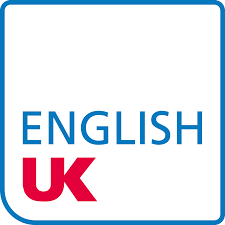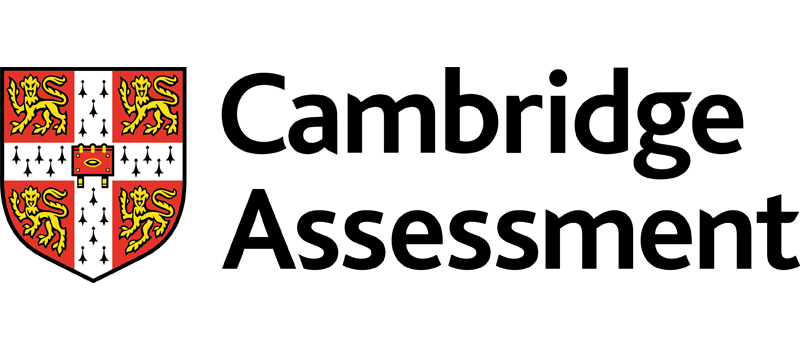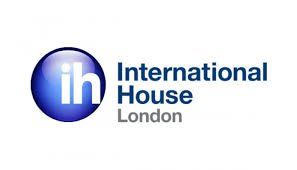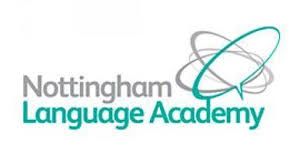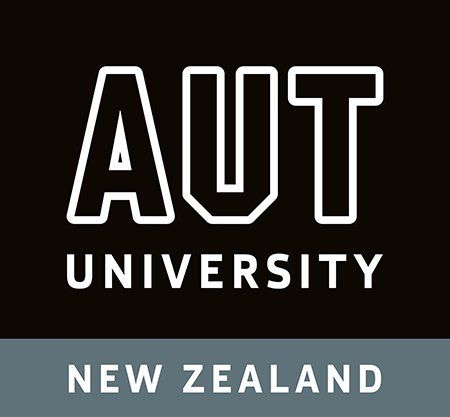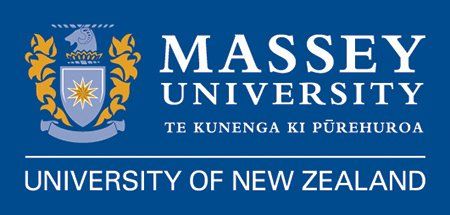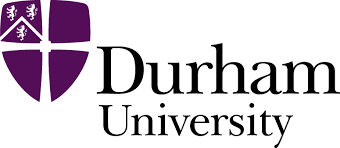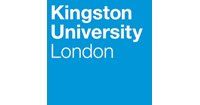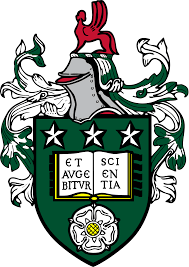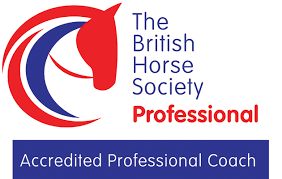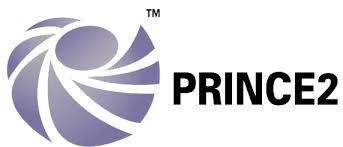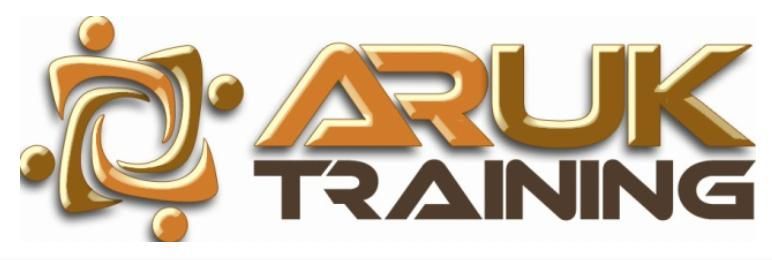
Dispute Resolution, Effective Negotiation and Mediation (CMC Workshops 1, 2) – Certificate Program
Course ID: 2509297101303EGI
Course Dates : 29/09/25 Course Duration : 5 Studying Day/s Course Location: Dubai, UAE
Language: Bilingual
Course Category: Professional and CPD Training Programs
Course Subcategories: Communication and Interpersonal Skills
Course Certified By: * Projacs Academy
* Professional Training and CPD Programs
Certification Will Be Issued From :
KSA
Course Fees: £2,922.57
Vat Not Included in the price. VAT may vary depending on the country where the course or workshop is held.
Click to Pay
Date has passed please contact us Sales@e-s-hub.com
Course Information
Introduction
Disputes are an inevitable part of human interaction, whether in personal relationships or professional environments. In industries ranging from corporate management to healthcare, disputes can arise over contracts, resource allocation, interpersonal conflicts, or policy disagreements. The ability to resolve such disputes effectively is not only a valuable skill but also a critical driver of organizational success. This course, "Dispute Resolution, Effective Negotiation and Mediation," equips participants with the tools and strategies necessary to navigate conflicts constructively, fostering collaboration and sustainable solutions.
The field of dispute resolution has evolved significantly, drawing on interdisciplinary insights from psychology, law, economics, and communication theory. Despite advancements, many professionals still rely on outdated or adversarial approaches that exacerbate tensions rather than resolve them. For instance, consider the case of a multinational corporation embroiled in a labor dispute due to miscommunication and rigid negotiation tactics. By employing mediation and interest-based negotiation principles, the company could have avoided costly litigation and preserved its workforce morale. Such real-world scenarios underscore the need for structured training in conflict resolution methodologies.
A key challenge in this domain lies in bridging the gap between theoretical knowledge and practical application. While many professionals understand the importance of mediation and negotiation, they often lack the confidence or expertise to implement these skills in high-stakes situations. This program addresses this gap by blending theoretical frameworks—such as Fisher and Ury’s Getting to Yes and Kolb’s Conflict Management Styles—with interactive workshops and role-playing exercises. Participants will gain hands-on experience in de-escalating conflicts and crafting mutually beneficial agreements.
Mastering the art of dispute resolution offers profound benefits for both individuals and organizations. On a personal level, participants enhance their leadership capabilities, improve interpersonal relationships, and build reputations as effective problem-solvers. Organizations, in turn, benefit from reduced turnover, increased productivity, and enhanced stakeholder trust. Consider the example of a school principal who successfully mediated a conflict between teachers and parents, resulting in improved academic outcomes and community engagement. This demonstrates how mastering these skills creates ripple effects across ecosystems.
Industry trends further emphasize the growing demand for conflict resolution expertise. With globalization intensifying cross-cultural interactions and remote work amplifying communication challenges, businesses increasingly seek professionals adept at managing complex disputes. Moreover, regulatory frameworks like GDPR and anti-discrimination laws necessitate compliance through fair and transparent processes. By staying ahead of these trends, participants position themselves as indispensable assets within their fields.
Ultimately, this certificate program serves as a transformative journey, empowering participants to become agents of positive change. Through rigorous training, reflective practice, and exposure to cutting-edge techniques, attendees will emerge equipped to tackle even the most challenging disputes with poise and professionalism. Whether you are a seasoned negotiator seeking refinement or a newcomer eager to develop foundational skills, this course promises unparalleled value and growth opportunities.
Objectives
By attending this course, participants will be able to:
Analyze the root causes of disputes using established conflict analysis models.
Design tailored negotiation strategies based on stakeholder interests and priorities.
Apply mediation techniques to facilitate constructive dialogue and consensus-building.
Evaluate the effectiveness of various dispute resolution methods in different contexts.
Implement ethical and culturally sensitive practices during negotiations and mediations.
Develop action plans to integrate learned skills into workplace policies and procedures.
Synthesize feedback from peers and mentors to refine personal conflict resolution styles.
Who Should Attend?
This course is ideal for:
HR managers responsible for employee relations and conflict management.
Team leaders and project managers tasked with resolving internal team disputes.
Legal practitioners looking to expand their alternative dispute resolution (ADR) toolkit.
Educators and counselors involved in conflict prevention and resolution.
Consultants specializing in organizational development and change management.
These groups will find the course invaluable because it addresses common pain points such as ineffective communication, stalled negotiations, and recurring disputes. Additionally, the curriculum caters to beginners and intermediate learners, providing foundational knowledge while offering advanced tools for experienced practitioners.
Training Method
• Pre-assessment
• Live group instruction
• Use of real-world examples, case studies and exercises
• Interactive participation and discussion
• Power point presentation, LCD and flip chart
• Group activities and tests
• Each participant receives a 7” Tablet containing a copy of the presentation, slides and handouts
• Post-assessment
Program Support
This program is supported by:
* Interactive discussions
* Role-play
* Case studies and highlight the techniques available to the participants.
Daily Agenda
The course agenda will be as follows:
• Technical Session 08.30-10.00 am
• Coffee Break 10.00-10.15 am
• Technical Session 10.15-12.15 noon
• Coffee Break 12.15-12.45 pm
• Technical Session 12.45-02.30 pm
• Course Ends 02.30 pm
Course Outlines
Foundations of Dispute Resolution
Overview of conflict dynamics and types.
Key theories: Thomas-Kilmann Conflict Mode Instrument.
Introduction to negotiation principles.
Role of emotions in conflict escalation and de-escalation.
Day 2:
Effective Negotiation Strategies
Interest-based vs. position-based negotiation.
BATNA (Best Alternative to a Negotiated Agreement) framework.
Building rapport and trust in negotiations.
Managing power imbalances in negotiation settings.
Day 3:
Fundamentals of Mediation
Mediator roles and responsibilities.
Structuring mediation sessions: opening statements, agenda-setting.
Active listening and questioning techniques.
Identifying underlying interests and needs.
Day 4:
Advanced Techniques and Applications
Cross-cultural considerations in negotiation and mediation.
Handling impasses and deadlocks creatively.
Ethical dilemmas in dispute resolution.
Case study analysis: Lessons from real-world mediations.
Day 5:
Integration and Implementation
Drafting conflict resolution policies for organizations.
Simulated mediation exercise with peer feedback.
Action planning for applying skills in professional contexts.
Course recap and certification ceremony.
